Norwegian students have the opportunity to learn about Balinese Hindu culture at Goa Lawah Temple.
As part of the Social Anthropology
course's extracurricular activities, 11 Norwegian students participated in a
cultural excursion to Goa Lawah Temple in Pasingahan Village, Dawan District,
Klungkung Regency, Bali. This activity was organized by the Udayana Cultural
Anthropology Study Program. The objective of this activity is to facilitate
direct exposure to the cultural milieu of Balinese Hindu society. The students
expressed a high level of enthusiasm for acquiring knowledge about various
aspects of local traditions and beliefs during the visit. This activity
occurred on May 15, 2025.
This visit was characterized by two
distinct yet interconnected components: active observation and active
participation in religious activities by the students. The timing of the visit
coincided with the Segara Gunung Ceremony at Goa Lawah Temple, a significant
ritual that symbolizes the harmonious interplay between the marine and
terrestrial realms, representing a fundamental tenet of natural equilibrium.
This ceremony is typically scheduled to occur subsequent to the conclusion of
the Ngaben ceremony. The students also participated in the ceremony with a
serious and reflective demeanor.
Notably, the Norwegian students were
attired in traditional Balinese garments during the ceremony. In accordance
with local cultural norms, the subjects donned traditional attire, including
kamen, udeng, and scarves, as a gesture of respect for the local culture. This
activity has the potential to provide a significant impression on Norwegian
students. The invitation extended to them is not merely to observe, but rather
to engage with the traditions of the Balinese people in a manner that is both
direct and experiential.
This activity has been meticulously
planned in advance as part of the Social Anthropology program. The objective of
this program is to cultivate students' comprehension of global cultural
diversity. It is anticipated that through the active engagement of Norwegian
students, they will develop an understanding of and sensitivity to the
spiritual and social values that are integral to Balinese society. It is
anticipated that this activity will facilitate a more profound comprehension of
diverse cultural contexts while concurrently fostering enhanced relations
between nations through the facilitation of knowledge exchange (drd).
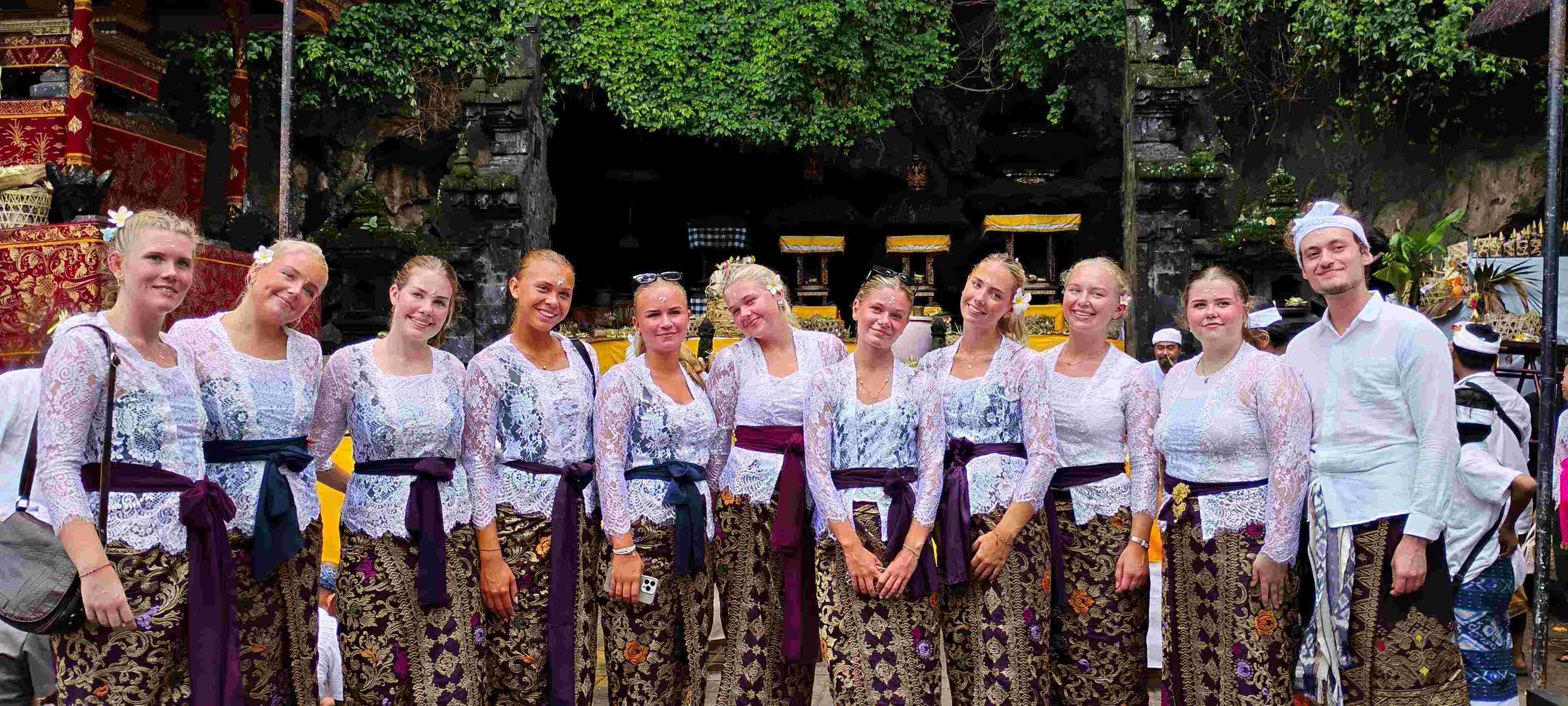
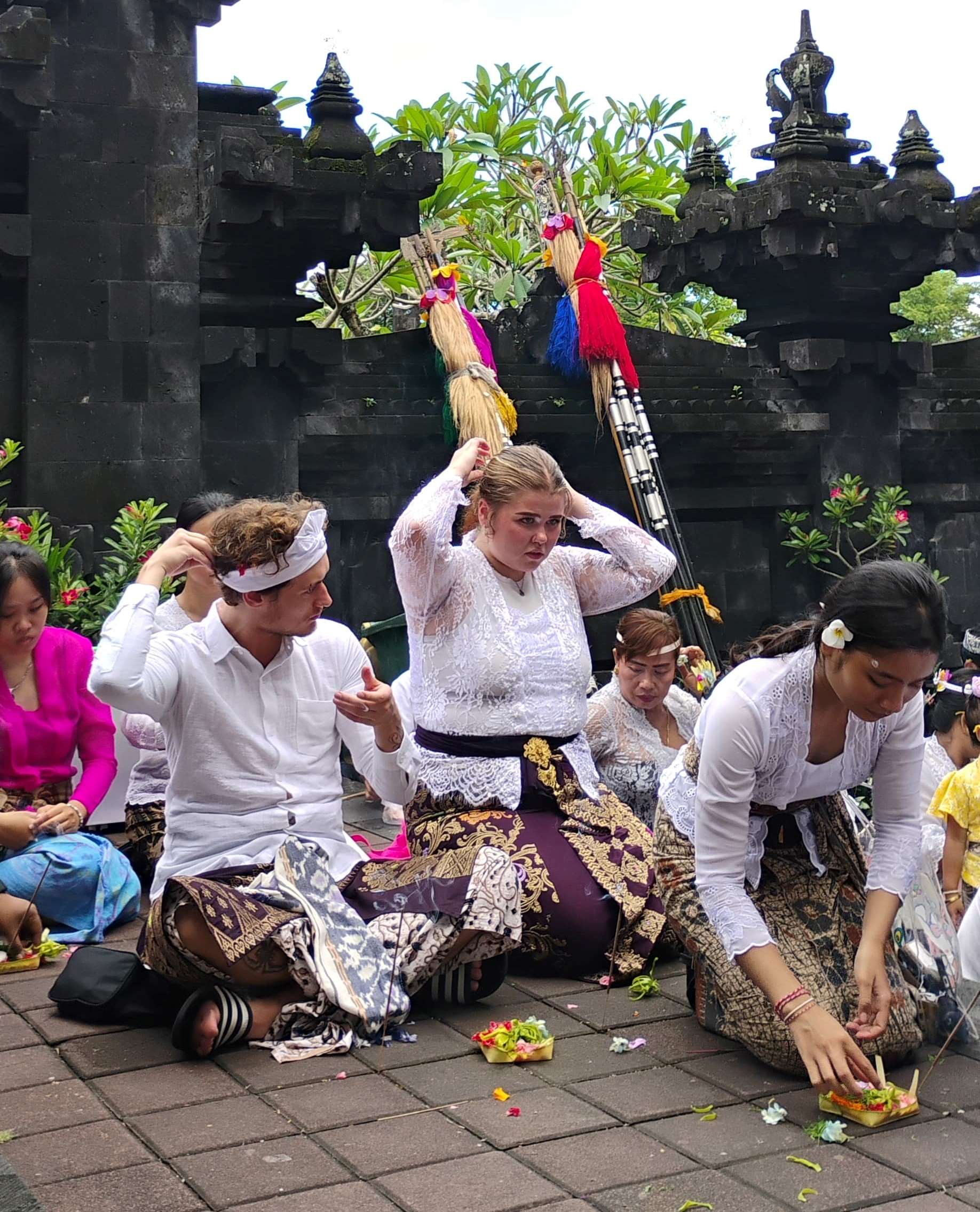
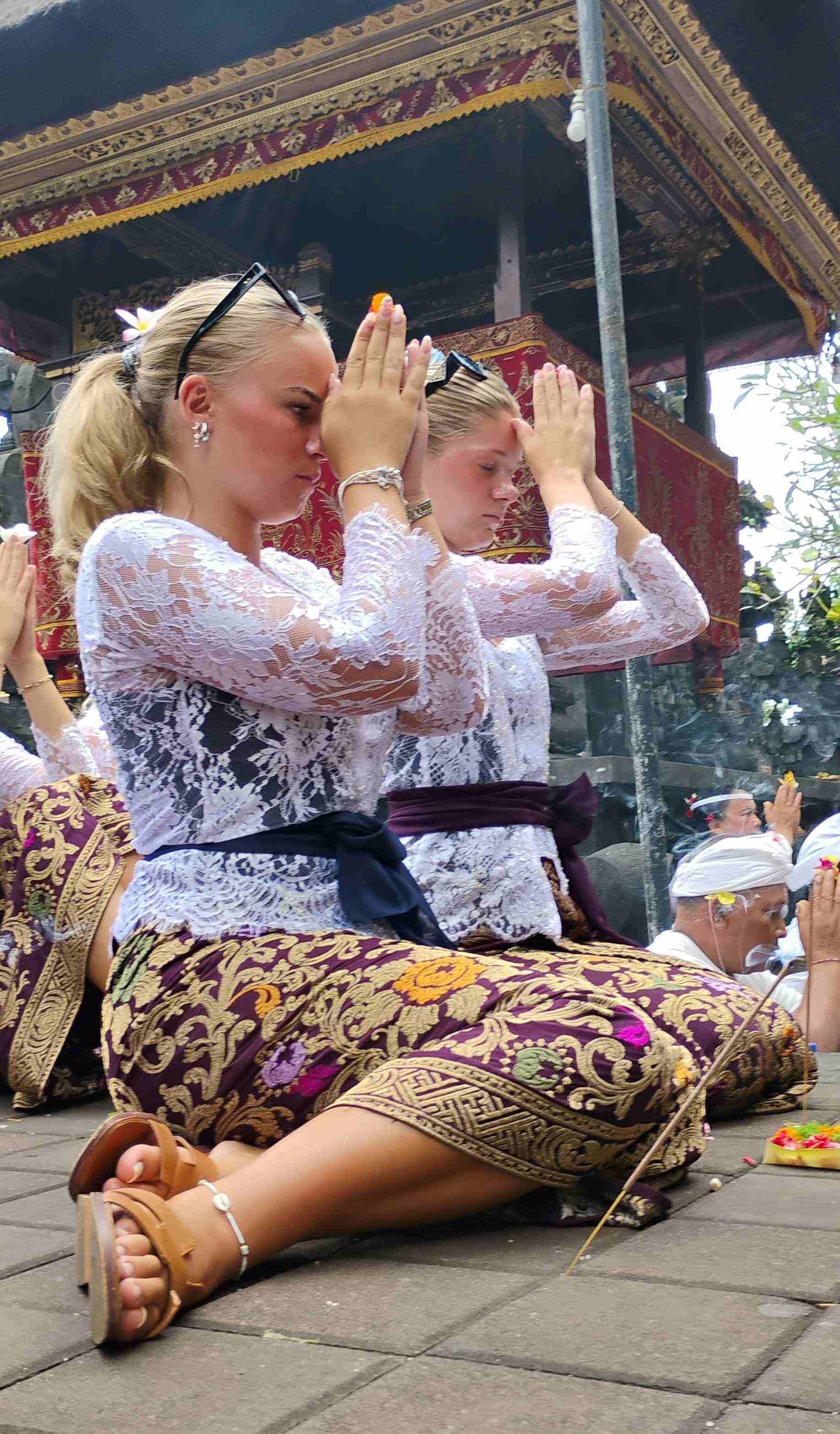
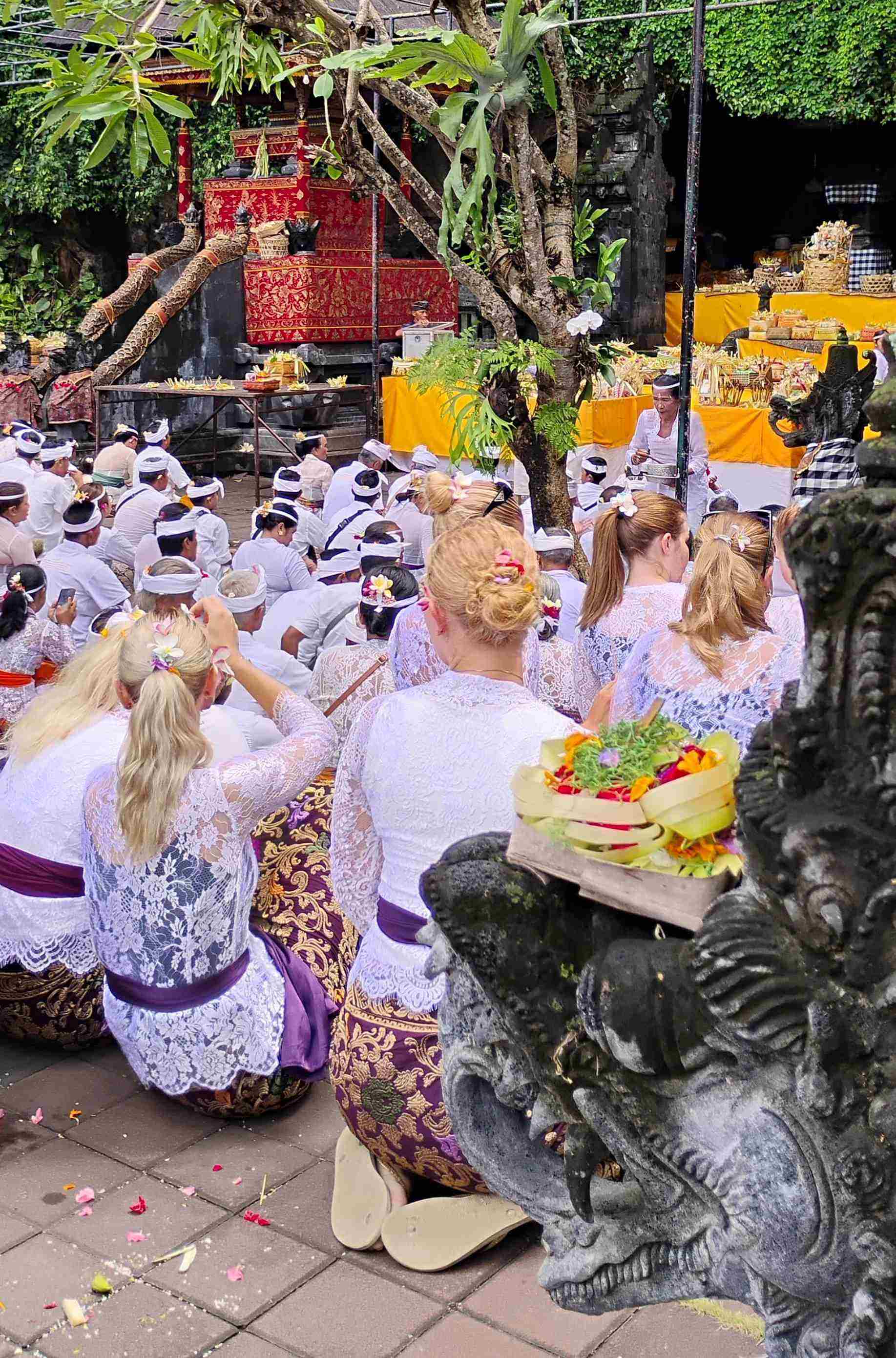
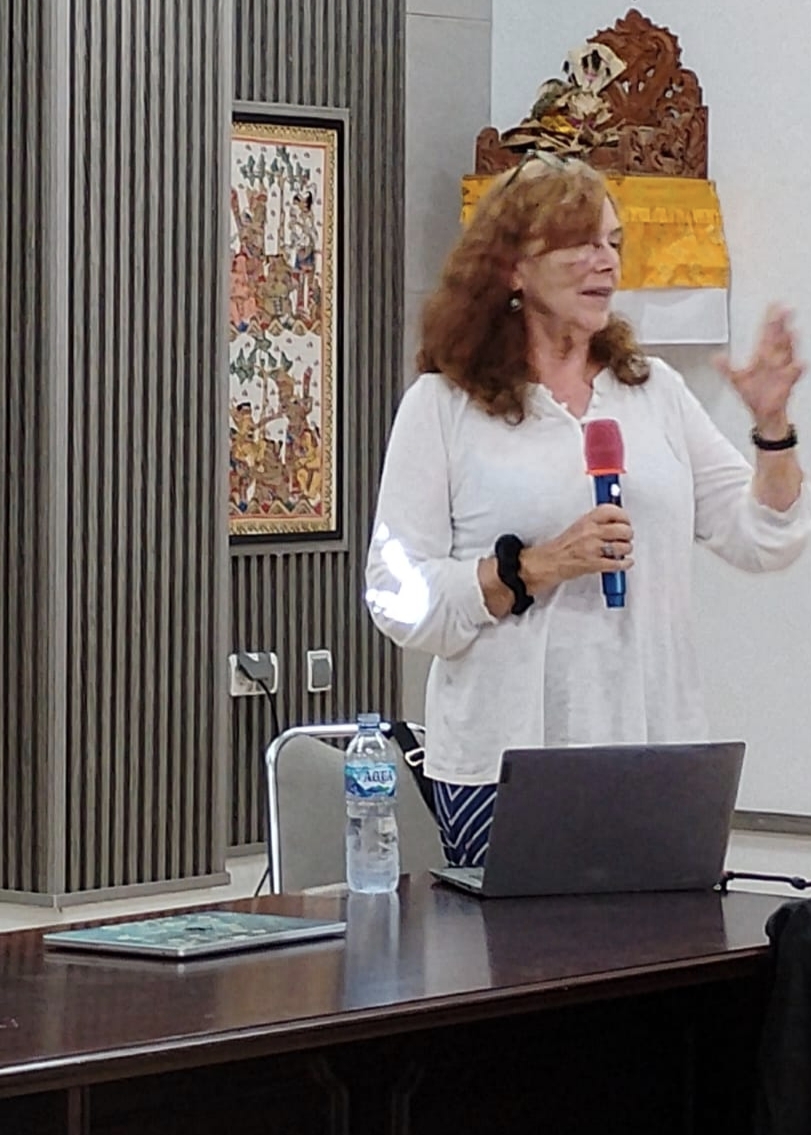
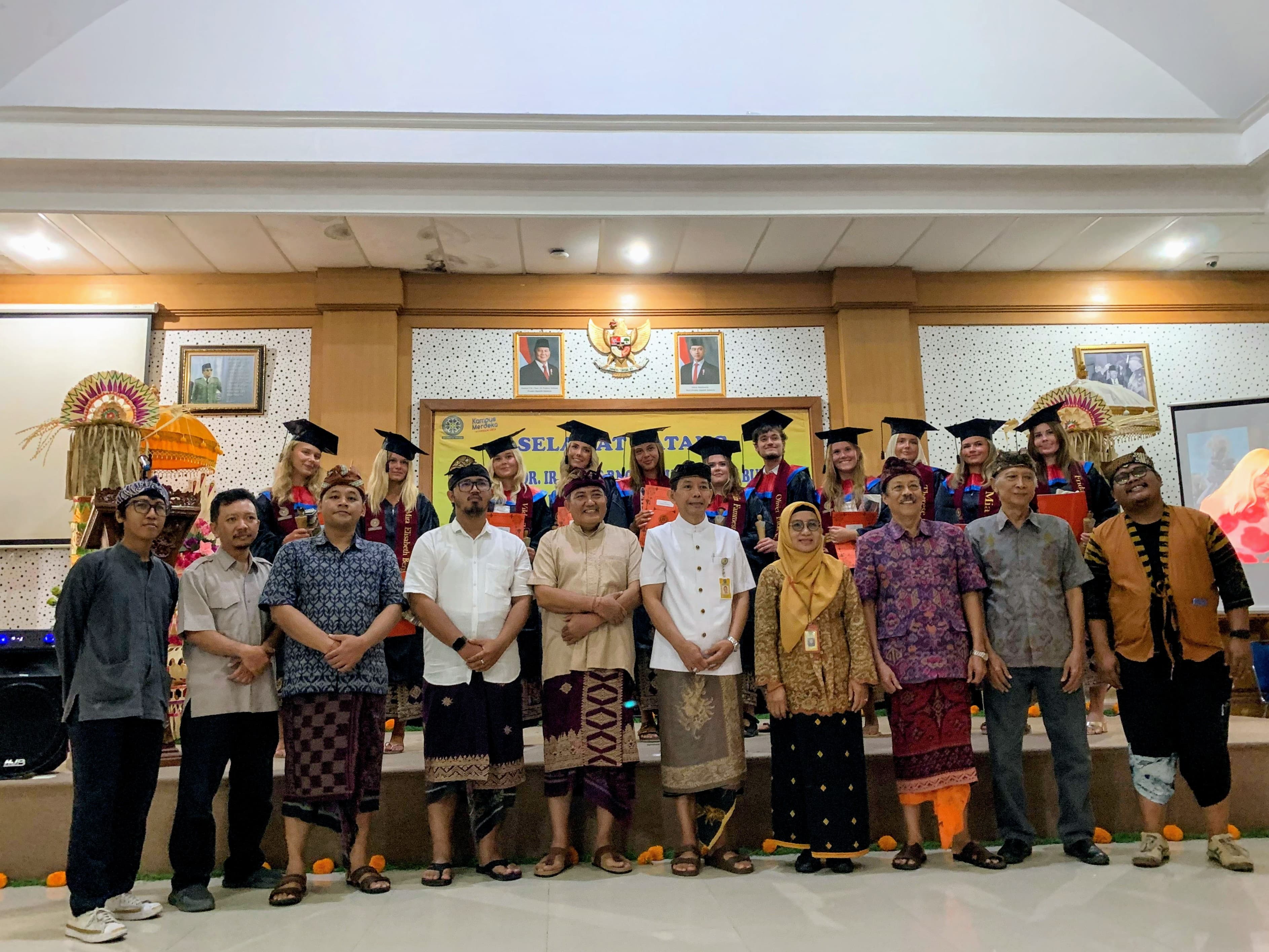
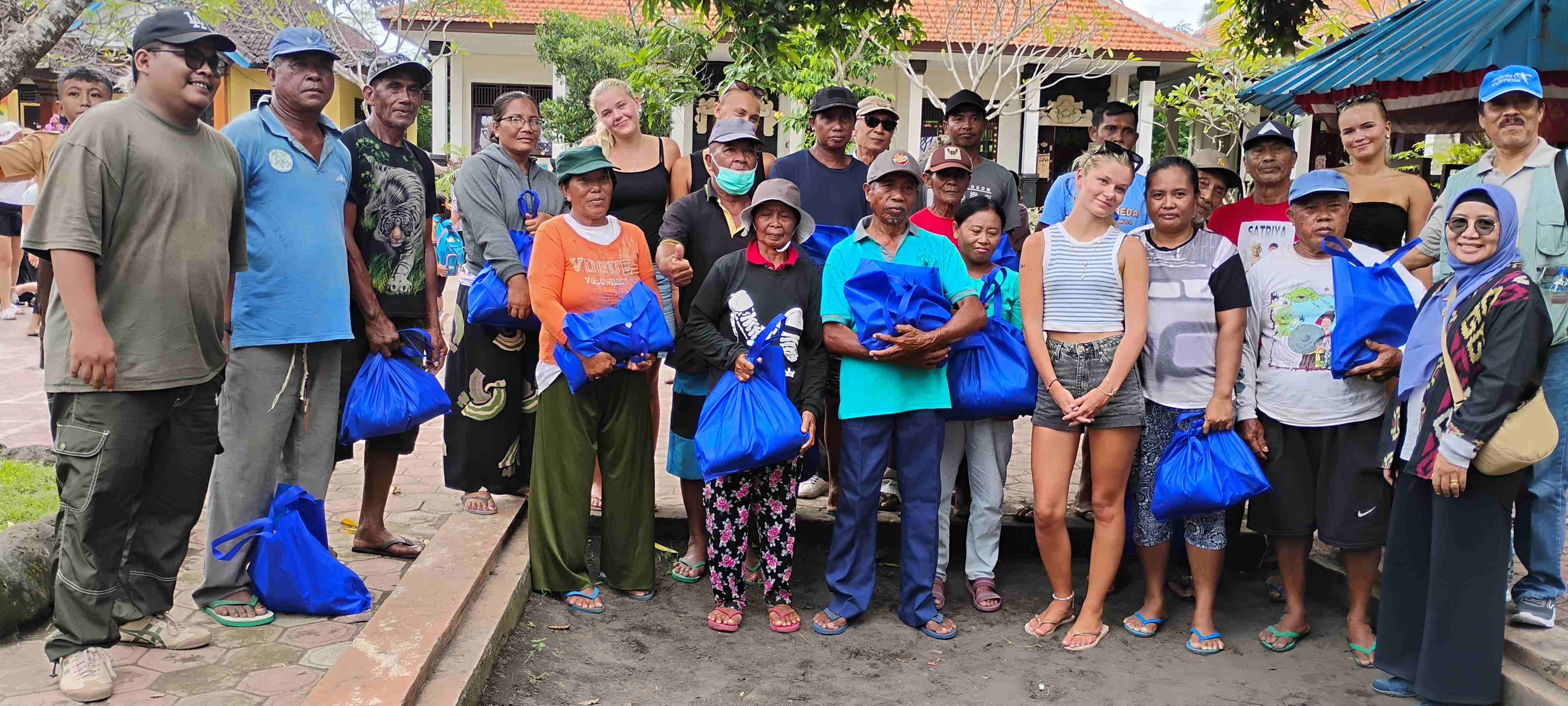
FACULTY OF HUMANITIES